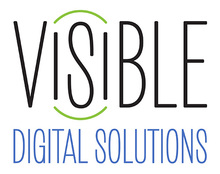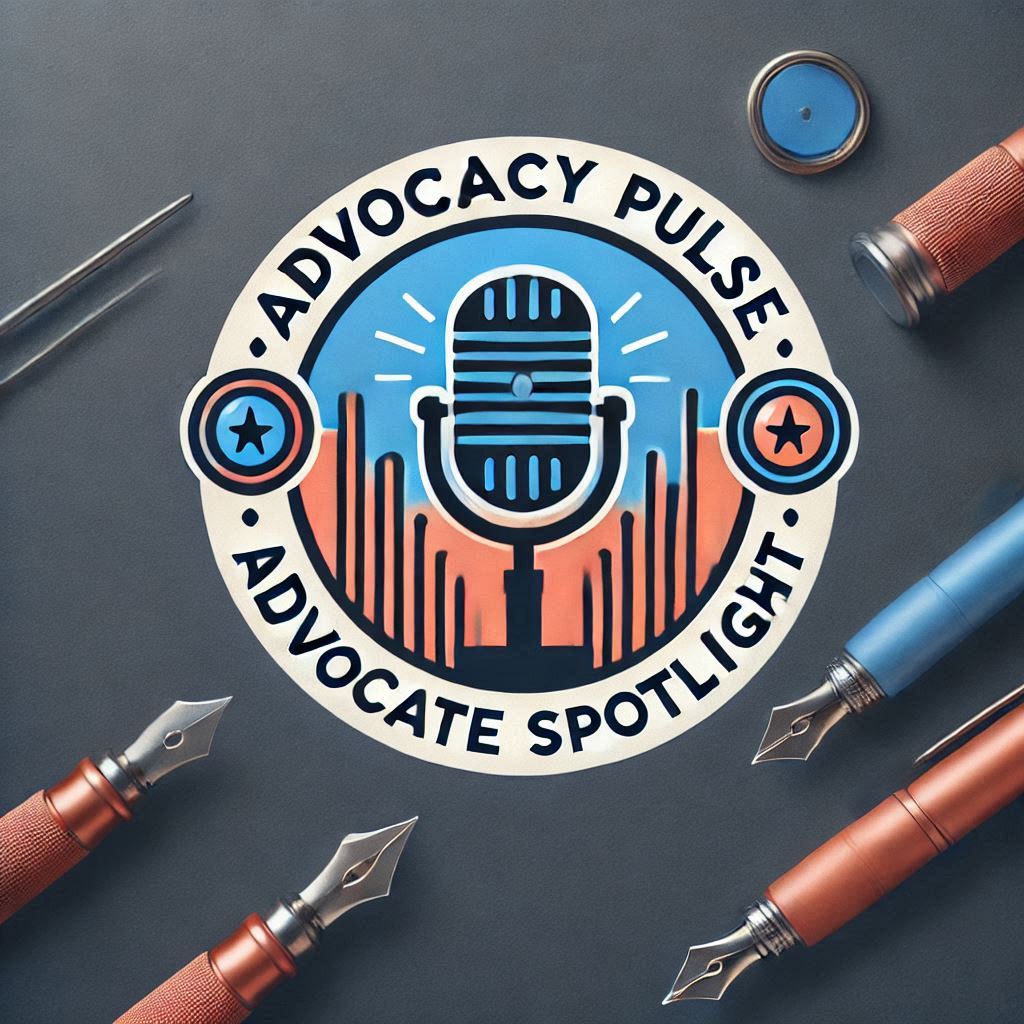

"Empowering Voices,
Strengthening Justice."

NOTE: This is a sample interview as a placeholder. . . we will be posting interviews starting in January 2025.
Mary Jane Doe, Victim Advocate - Barriton (AZ) Police Department
Today, meet Mary Jane Doe. . .
Hi Mary Jane, we'd love for you to introduce yourself and tell us what inspired you to become a victim advocate, and what has kept you passionate about this work?"
First off, I am deeply honored to serve as a victim advocate. My journey into this work began during my time volunteering at a crisis center in college, where I witnessed the incredible resilience of survivors. It was there that I realized the profound impact a compassionate advocate can have in someone’s darkest moments. The opportunity to provide a voice to those who feel unheard and to stand alongside them as they navigate their journey to healing became my calling.
What has kept me passionate about this work is the courage I see every day in the people I serve. Even in the face of trauma, they find strength, and being a part of their support system is a privilege. I’m also inspired by the progress we continue to make as a community in raising awareness, creating safer spaces, and empowering individuals to reclaim their lives. Advocacy work is challenging, but knowing I’m making a difference keeps me motivated and deeply committed to this mission.
Can you describe a typical day in your role as a victim advocate?
My typical day is dynamic and often unpredictable, as every survivor's needs are unique. I usually start my day by reviewing any new cases or follow-ups that require immediate attention, such as connecting with survivors who have recently reached out or attending scheduled appointments. These might include accompanying a survivor to court proceedings, helping them navigate legal processes, or providing emotional support during difficult moments.
Throughout the day, I often collaborate with law enforcement, attorneys, or social service agencies to ensure that survivors receive comprehensive support. I also spend time assisting with practical needs, like helping individuals find safe housing, accessing counseling services, or applying for victim compensation programs.
A big part of my role involves simply listening—offering a safe, non-judgmental space where survivors can share their stories and begin their healing journey. Although some days are emotionally challenging, it’s incredibly rewarding to witness someone regain their sense of control and empowerment. No two days are the same, but each one reinforces why this work matters so deeply to me.
What is one of the most rewarding aspects of your work, and what has been one of the greatest challenges?
One of the most rewarding aspects of my work as a victim advocate is witnessing the transformation that can happen when survivors feel supported and empowered. It’s incredibly fulfilling to see someone regain their confidence, find their voice, and take steps toward rebuilding their life after experiencing trauma. Knowing that I’ve played even a small part in helping someone feel safe and valued is what keeps me motivated every day. Moments where survivors say, ‘I don’t know what I would have done without your help,’ remind me of the importance of this work.
One of the greatest challenges, however, is navigating systems that are not always survivor-centered. Whether it’s encountering delays in legal processes or helping someone overcome barriers to accessing essential resources, it can be frustrating when these external factors create additional stress for those who are already vulnerable. Balancing the emotional toll of the work while staying focused on solutions can also be challenging, but it’s a reminder of why advocacy and systemic change are so critical. Despite the obstacles, these challenges push me to continue advocating fiercely for survivors and working toward a future where these barriers no longer exist.
What advice would you give to someone considering a career in victim advocacy or who wants to support victims in their community?
My advice for anyone considering a career in victim advocacy or looking to support victims in their community is to approach this work with empathy, patience, and a commitment to lifelong learning. Advocacy requires you to be a compassionate listener who can meet people where they are without judgment. Survivors often need someone who can provide steady support during incredibly difficult times, so being present and consistent is key.
It’s also important to educate yourself about trauma, the resources available in your community, and the systems survivors may interact with, like legal, healthcare, or social services. This knowledge not only makes you a more effective advocate but also helps you guide survivors through these often complex processes.
For those just starting out, seek volunteer opportunities at crisis centers, shelters, or advocacy organizations to gain firsthand experience. Don’t be afraid to ask questions and learn from experienced advocates. And remember to prioritize self-care. This work can be emotionally demanding, so taking care of yourself ensures you can continue showing up fully for others.
Above all, know that making a difference doesn’t always require grand gestures. Simply offering a kind word, connecting someone with resources, or standing by their side during tough moments can have an incredible impact.
_____________________
Want to be featured in one of our upcoming Victim Advocate Spotlights? Just complete the form click here >> form << and in the "agency" box include the word "feature."
Learn how our eVAC program can assist you with your victims of crime. Click here for more information.
Other Advocate Spotlight
Interviews
Did you stumble on our page or were you referred by someone? If so and you would like to be featured or join our eNewsletter list to be alerted via email to new Interviews, BlogCasts and more, please fill in the form below.
Copyright - Visible Digital Solutions LLC | Privacy Policy